No products in the cart.
Return To ShopHow Omega-3 Fatty Acids Help Reduce Liver Fat and Inflammation
Liver health has become a growing concern in recent years as poor diet, obesity, and sedentary lifestyles contribute to fatty liver disease worldwide. In Pakistan, rising fast-food culture and low activity levels have made this condition increasingly common. While medication is often limited, nutrition and supplementation provide natural solutions. Among them, omega-3 fatty acids stand out for their ability to reduce liver fat and calm inflammation, making them a cornerstone of both prevention and treatment.
Understanding Omega-3 and Liver Function
Omega-3 fatty acids are essential polyunsaturated fats that the body cannot produce on its own. The most effective forms — EPA (eicosapentaenoic acid) and DHA (docosahexaenoic acid) — are primarily found in fish oil, while ALA (alpha-linolenic acid) comes from plant sources. These fats play vital roles in cell structure, hormone signaling, and immune balance.
For liver health, omega-3s work at two levels: reducing triglyceride accumulation and suppressing inflammation. That is why omega-3 supplements in Pakistan are widely recommended not just for cardiovascular protection but also for metabolic conditions like fatty liver disease.
“Boost your liver health naturally—add Omega-3s to your diet and fight fat and inflammation today!”
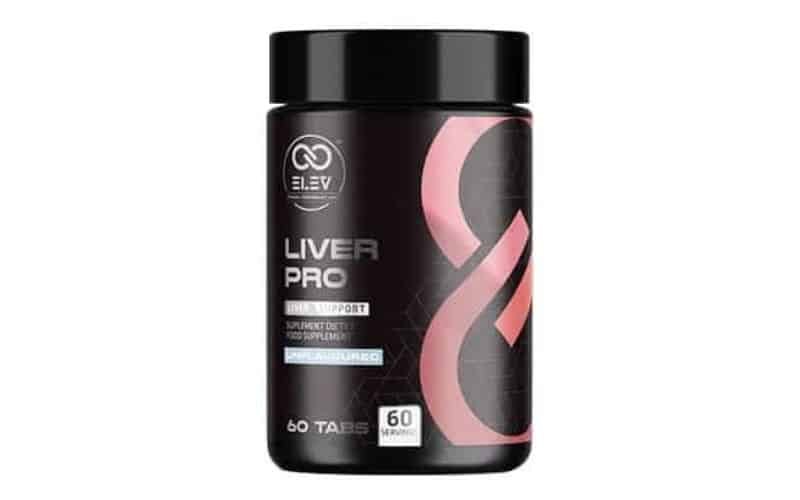
How Omega-3 Reduces Liver Fat
Fatty liver disease is primarily caused by an excessive buildup of triglycerides in liver cells. Omega-3 fatty acids reduce this accumulation by improving how the body metabolizes fat and regulates insulin. This makes them especially useful for individuals with non-alcoholic fatty liver disease (NAFLD).
Key ways omega-3 reduces liver fat include:
- Regulating lipid metabolism so fat is burned rather than stored.
- Lowering triglyceride levels in the bloodstream and liver.
- Supporting insulin sensitivity, which reduces fat buildup over time.
Those seeking targeted support often use products like Elev Ultra Omega-3 capsules, which provide clinically effective doses of EPA and DHA to help control liver fat naturally.
Omega-3 and Inflammation Control
Inflammation is another critical factor in liver disease progression. Over time, fatty liver can advance into non-alcoholic steatohepatitis (NASH), a condition marked by chronic inflammation and liver cell damage. Omega-3 fatty acids help by lowering pro-inflammatory cytokines while protecting liver cell membranes.
- EPA and DHA are especially potent in blocking pathways that trigger inflammation.
- Long-term supplementation has been shown to lower liver enzyme levels, a key marker of liver stress.
- Omega-3s also support the immune system, reducing the oxidative damage that worsens liver disease.
For people with high physical demands, combining omega-3 with recovery-focused supplements such as glutamine offers additional benefits by protecting muscles and immunity while the liver heals.
Clinical Evidence and Practical Application
Human studies show consistent benefits of omega-3 supplementation for fatty liver. Research indicates that daily intake of EPA and DHA can lower liver fat by up to 20–30% in individuals with NAFLD. These improvements often translate into reduced inflammation, better blood lipid profiles, and improved metabolic function.
Practically, omega-3s work best when combined with a healthy lifestyle:
- Regular exercise improves fat metabolism and nitric oxide circulation.
- Balanced nutrition with controlled sugar and refined carbs reduces further fat accumulation.
- Proper hydration with electrolyte support helps the body maintain metabolic balance.
This synergy between diet, exercise, and supplementation gives omega-3s their most powerful effect.
Omega-3 vs Other Liver Health Strategies
There are many approaches to managing liver fat and inflammation, including antioxidants, calorie restriction, and fat burners. While fat burners can accelerate fat metabolism, they don’t directly target inflammation. Omega-3s are unique because they address both fat accumulation and inflammatory stress.
For beginners, combining fat burners with omega-3 supplementation requires patience and consistency. The blog on what to expect in the first 30 days helps set realistic expectations, especially for those hoping for quick results.
Safety, Halal Certification, and Authenticity
The growing demand for supplements has unfortunately increased the presence of counterfeit products in Pakistan. For consumers, authenticity and halal compliance are essential. SportsOne ensures product safety through authorized halal-certified distribution, which guarantees quality and compliance with dietary laws.
At the same time, customers should remain vigilant. The blog on how to identify fake imported supplements outlines clear red flags, from packaging inconsistencies to missing certification marks. These precautions protect consumers from unsafe or ineffective products.
Where to Buy Reliable Omega-3 in Pakistan
For safe and effective supplementation, buying from trusted outlets is key. Authentic omega-3 products are available through SportsOne’s retail network, including the Lahore store, Karachi branch, and Islamabad store. These locations ensure customers receive original, halal-certified supplements with reliable support.
Conclusion
Omega-3 fatty acids are more than just general health supplements; they are powerful tools against liver fat buildup and inflammation. By regulating triglycerides, calming inflammatory pathways, and supporting overall metabolism, omega-3s help restore liver function and protect long-term health. When combined with lifestyle changes and authentic halal-certified supplements, they provide a safe and effective solution for those facing liver health challenges in Pakistan.

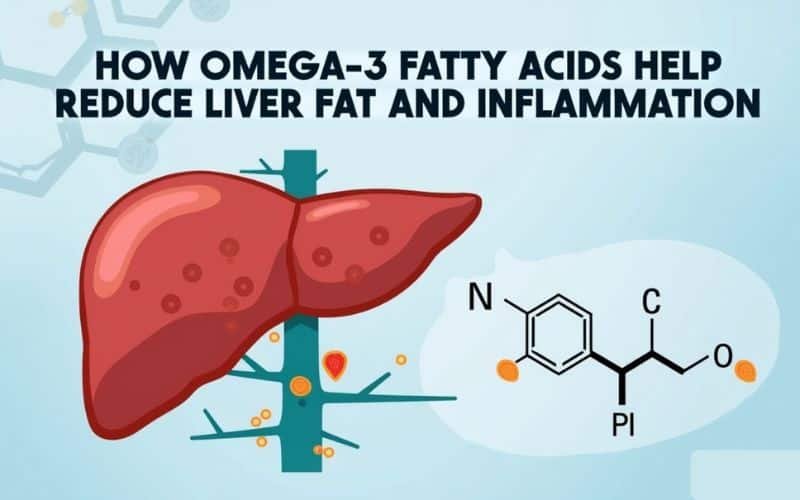
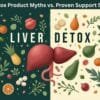


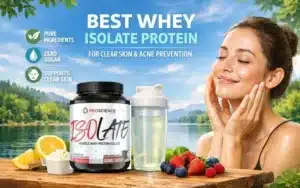
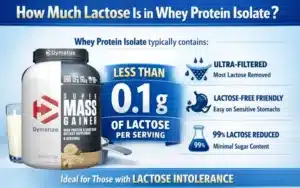

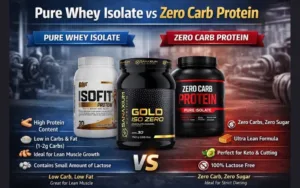
Add comment